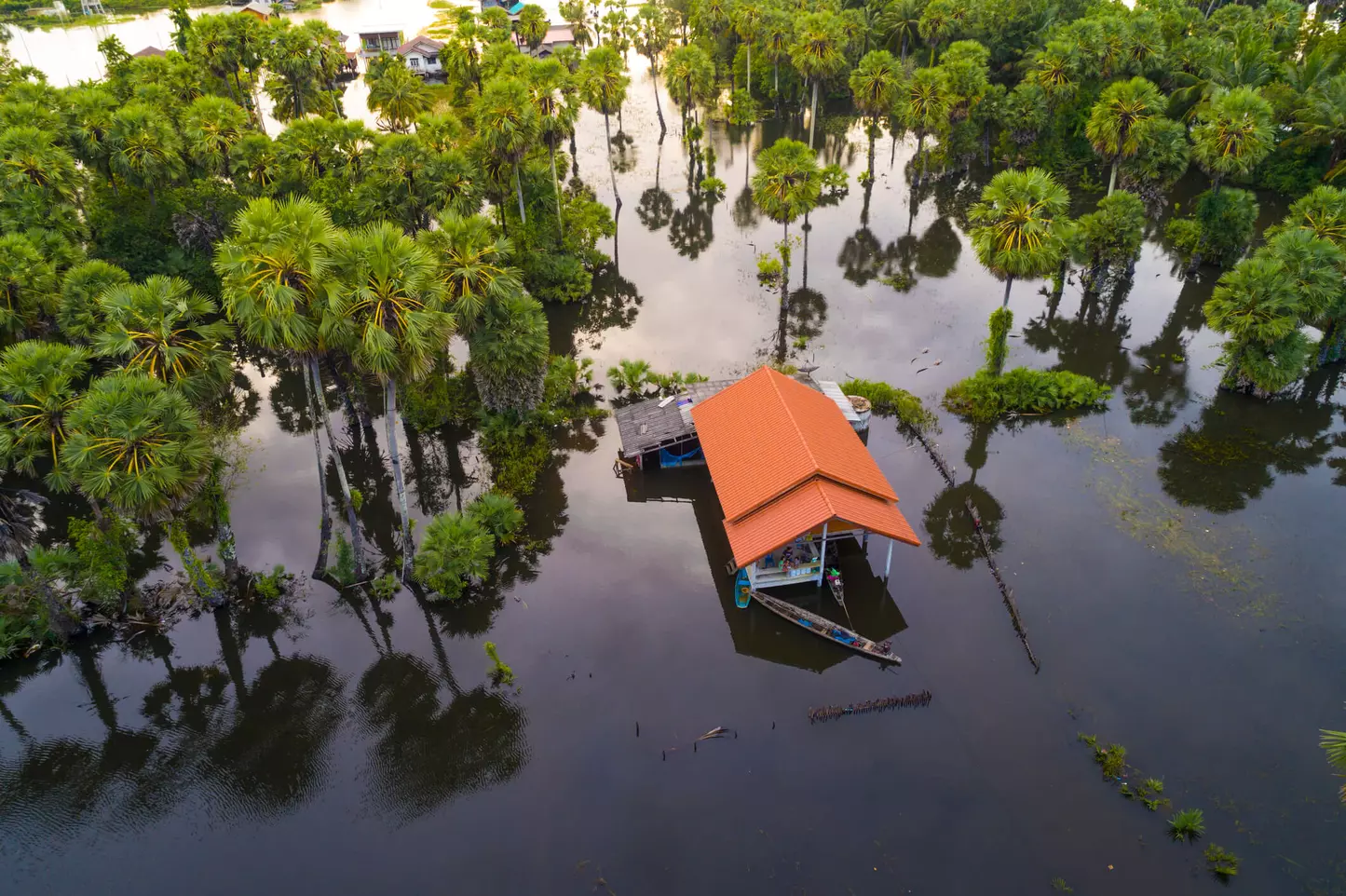The recent conclusion of COP27 in Egypt is a good opportunity to remind us how COPs, the annual UN multilateral climate change negotiations, are imperfect, but also unique and necessary instruments. No country can be forced by sanctions or other means to change the way it produces energy or food or treats its natural heritage, the only possible tool to reduce greenhouse gas emissions is open negotiation based on inclusiveness and cooperation, and this is exactly why the UN conferences of the parties (COPs) on climate change have existed for thirty years. "If climate were a private law issue, it would have been solved by now, but at the level of relations between nations, this type of negotiation is the only space we have to deal with it," Mia Mottley, Premier of Barbados, currently one of the most charismatic figures in the process, said in Egypt.
COPs were established in 1992 with the Rio Summit and the UN Framework Convention on Climate Change, the first of which was held in 1995 in Berlin. It is often said that the number next to the acronym, COP27, is the measure of their failures: twenty-seven annual meetings and the climate crisis is still the greatest existential threat to humanity. But the Paris Agreement was the result of the 2015 COP21, without that commitment the trajectory of temperature increase would take us over 3°C higher than in the pre-industrial era: the guarantee of an apocalypse. COPs are held every year (2020 pandemic excluded), there are positive and negative ones, disheartening or victorious ones, minor or fundamental ones. Sharm el Sheikh in Egypt was meant to be a transitional COP, an 'implementation' of the Paris Agreement, but in reality it led to at least one major historical achievement - the creation of a fund to help countries affected by the damage and losses of the climate crisis - and laid the foundations for a new governance of global finance. These are the lights, the other side of the coin is the weakness of the result on the mitigation front, i.e. reducing the damage caused by greenhouse gas emissions. From that point of view, we can say that 2022 was a lost year.
The main achievement of COP27 is to have established the third leg of climate finance. To date, climate aid from developed to developing countries has only been collected in a financial instrument called the Green Climate Fund and has only been earmarked for mitigation and adaptation. These are two essential activities to reduce climate change and prepare for its effects, but before Sharm, no resources had ever been put in place to offset the already real and present effects of the crisis. The operational recognition of loss & damage was 30 years overdue, for the first time in Egypt it made it onto the agenda and then into the final decision (cover decision) of a climate conference. The fund will not be operational until 2024: the next two years of negotiations will be used to clarify which countries are eligible to receive these resources, which countries will have to participate as donors, and how public resources will be supplemented for an expenditure chapter that could reach USD 400 billion per year as early as 2030. The next steps to define these aspects, in addition to the intermediate negotiations, will be COP28, to be held in the United Arab Emirates, and COP29, with a venue yet to be officially designated but with Sofia in Bulgaria as a strong candidate to host it.
The very architecture of world finance was called into question in Sharm el Sheikh: the developing countries front, led by Barbados, called for a rewrite of the rules of the Bretton Woods system, which has governed monetary exchange since World War II, and the functioning of the International Monetary Fund. "You can't fight the climate crisis if you don't also fight poverty," Brazil's president-elect Lula said in Sharm, and to fight poverty you have to change the debt rules. The conversation started in Sharm el Sheikh and will continue in early 2023, when the Bridgetown Initiative, the articulate proposal on this issue by the premier of Barbados and her special envoy Avishad Persaud, a lecturer at Gresham College, will be presented.
Having focused all negotiating resources on the creation of the loss & damage fund has left the mitigation and emission reduction front uncovered, on which there has been no progress since the Glasgow Climate Pact at COP26 in 2021. In the final text, the Sharm el Sheikh Implementation Plan, there is still talk of a reduction (phase down) of coal alone and an end to inefficient public subsidies to other fossil fuels. Too little compared to the science mandate, and to worrying data such as that of the UN Emission Gap Report. The goal of keeping the temperature increase at +1.5°C compared to the pre-industrial era (today we are between 1.1°C and 1.2°C) has been confirmed, but the means to achieve this goal, which year after year becomes more and more ambitious, have not been put in place. The negotiators failed to include the necessary measures in the text, such as peaking fossil fuel emissions by 2025 or the phase down of all fossil fuels, i.e. gas and oil, not just coal. Other achievements worthy of mention include: the official UN guidelines against greenwashing, the strengthening of the Global Methane Pledge to reduce methane emissions by 30 per cent by 2030, and the creation of a global insurance shield against the worst effects of the climate crisis called Global Shield. For more incisive action, rendezvous in Dubai, in an even more complex context than Egypt in terms of host country conflicts of interest.
